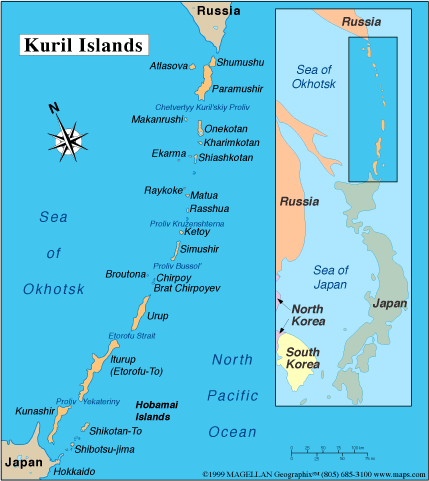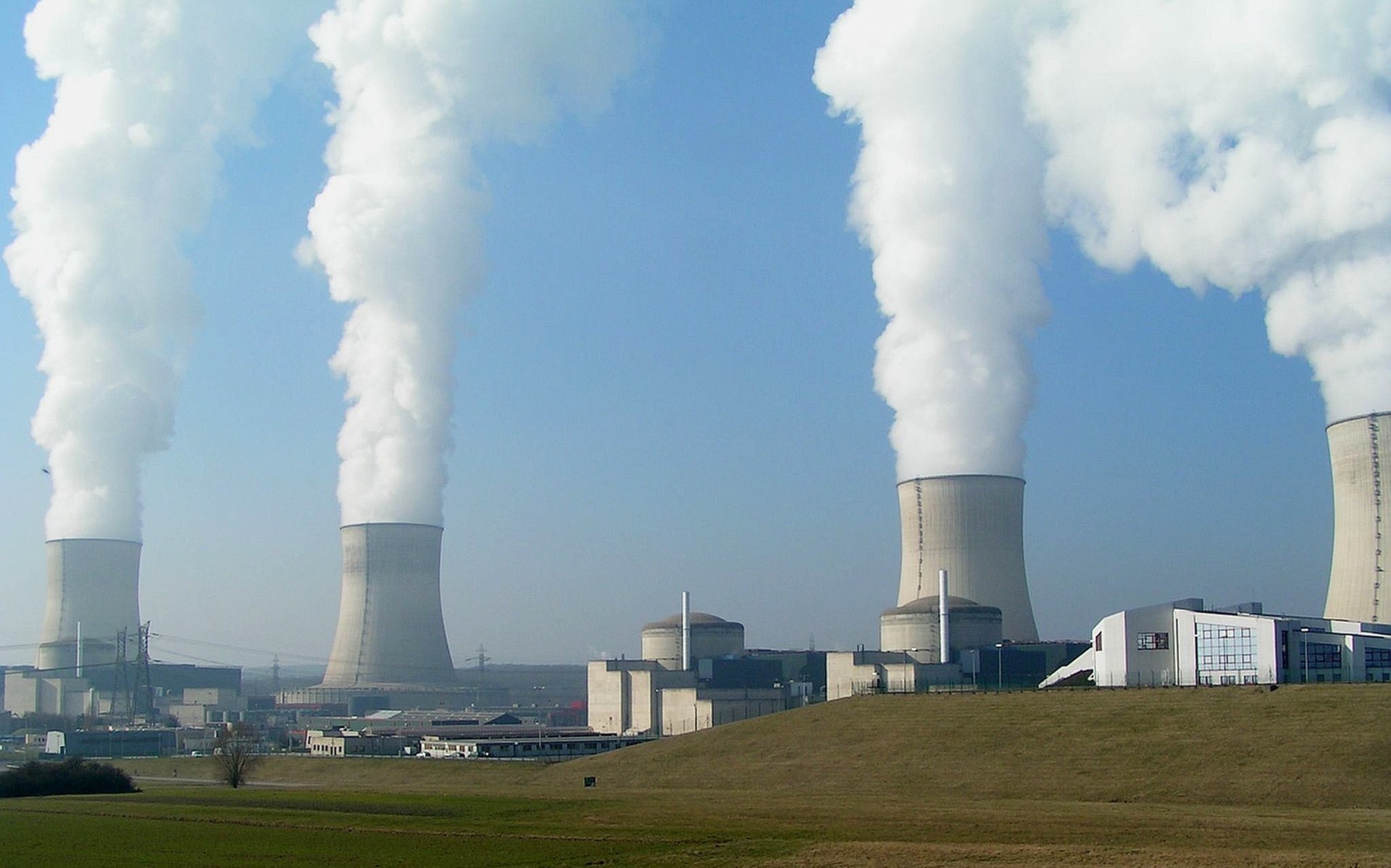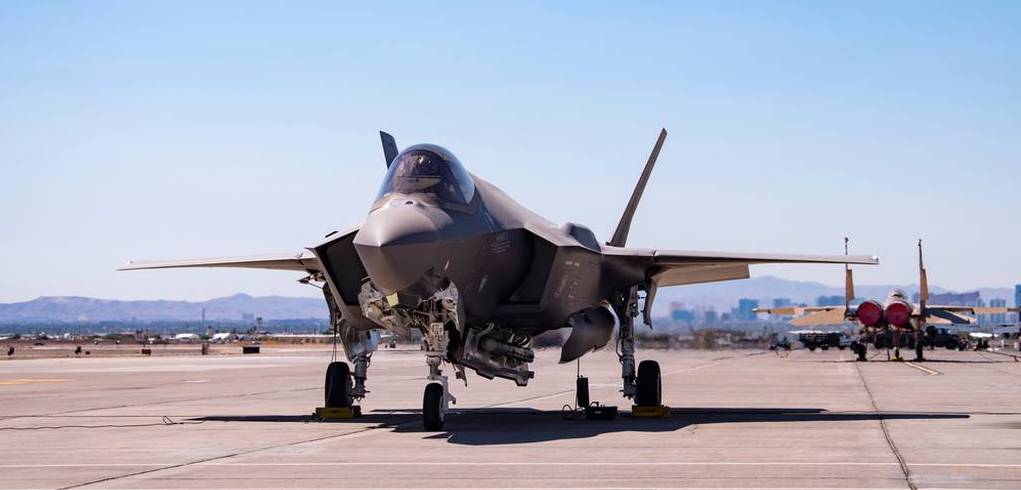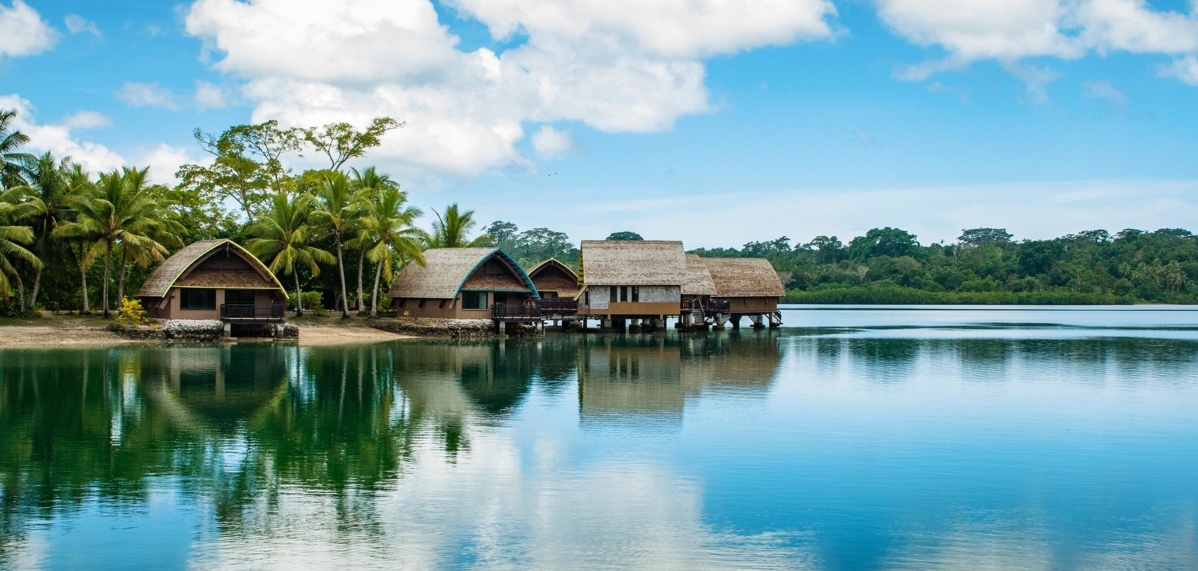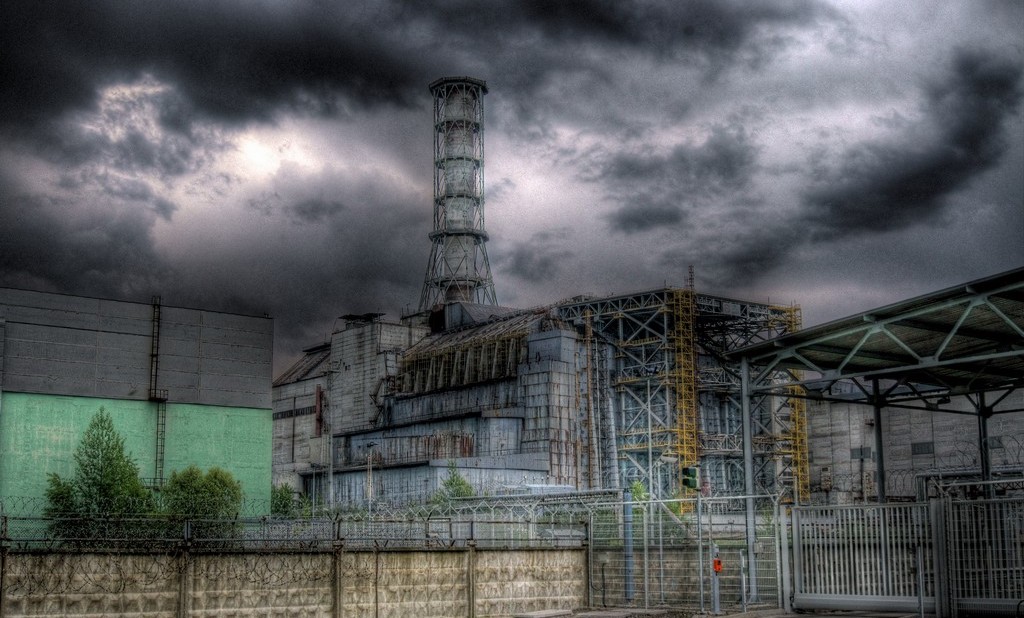
Podcast: Chernobyl and nuclear fear in Ukraine
In Episode 121 of the CounterVortex podcast, Bill Weinberg notes the grim irony that on the week of International Chernobyl Disaster Remembrance Day, Russian regime and state media figures issued blatant threats to use nuclear weapons in the Ukraine war. This follows criminal recklessness by Russian forces at the Chernobyl and Zaporizhzhya nuclear plants, which itself constituted an escalation on the ladder of nuclear terror. These events clearly illustrates how nuclear power and weapons constitute a single unified threat, and make imperative our deconstruction the industry propaganda about how the “no safe dose” dictum is now obsolete (no, it isn’t, actually), and sophistries such as the “Banana Equivalent Dose.” Amid the relentless plans to revive the nuclear industry in US, China is undertaking a major thrust of nuclear development, with similar plans afoot in France. And this as economies are increasingly based on energy-intensive and socially oppressive activities like “crypto-mining.” Nonetheless, respectable environmentalists now advocate a continuance of reliance on nuclear power as an alternative to fossil fuels. But their assumptions are predicated on the continuance of dystopian “normality“—exactly what needs to be challenged. Listen on SoundCloud or via Patreon. (Photo: Wikipedia)





